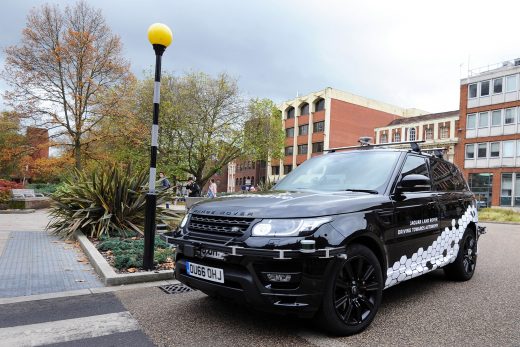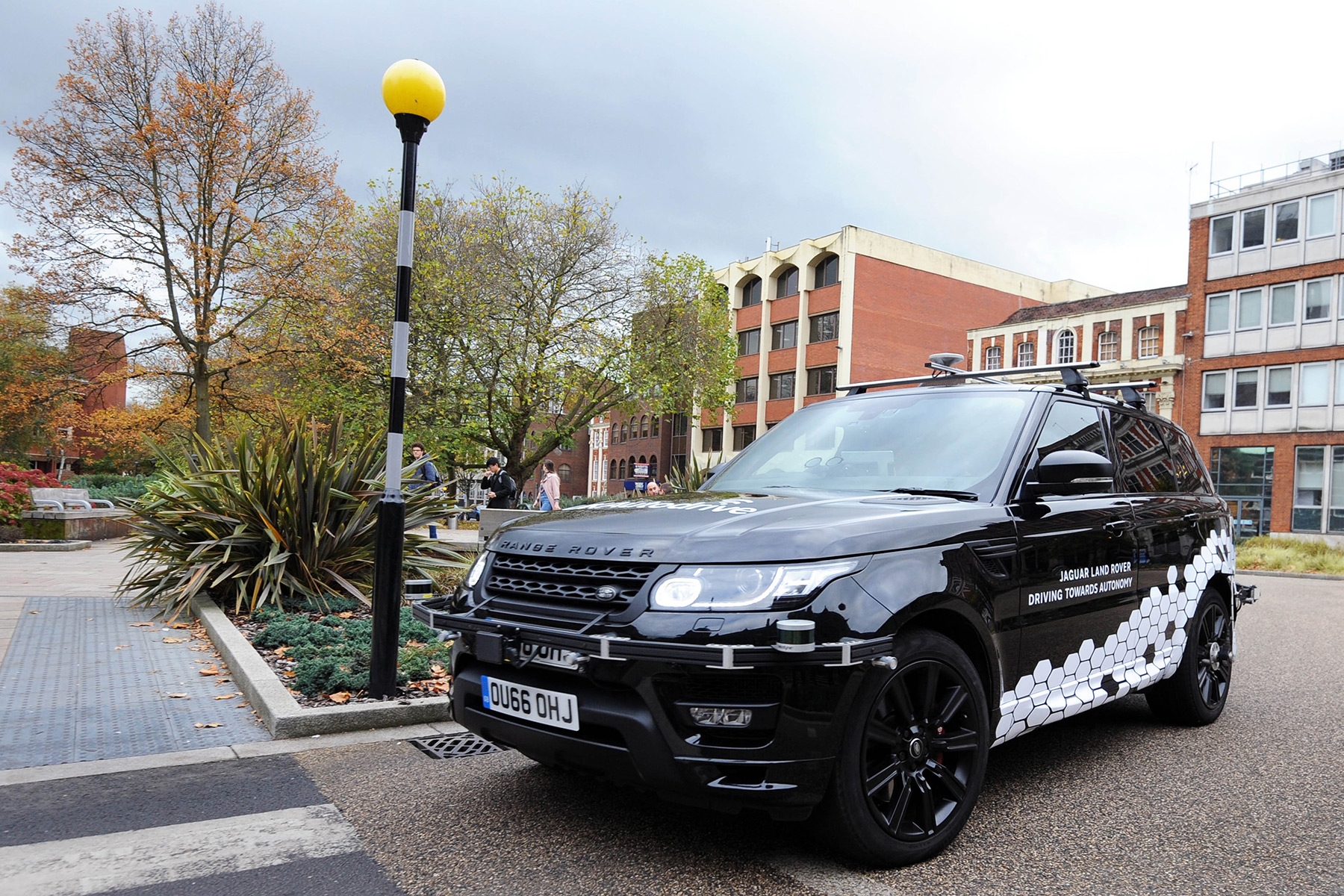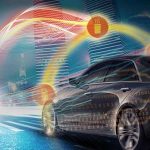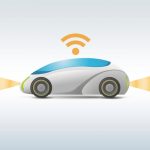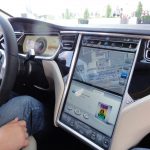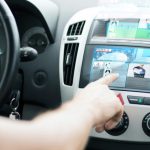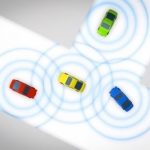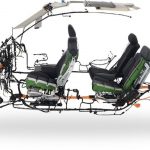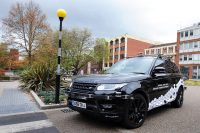‘Connected’ cars are hitting UK roads for the first time
Slowly, the UK government is realising its dream of making the nation a self-driving research hub. UK Autodrive, a publicly funded consortium that includes Jaguar Land Rover, Ford and TATA Motors, has announced a new set of trials in Coventry today. They will focus on self-driving cars and vehicles that can instantly share information with other motorists and city infrastructure. Researchers will be testing a signal, for instance, that can be sent out by the emergency services — ambulances, fire trucks and police cars — to nearby drivers, advising them when and where to move aside.
Other test features include a warning signal for intersections deemed too unsafe to cross, in-car information about accidents and traffic jams (negating the need for signs on bridges) and an alert system when a driver in front suddenly hits the brakes (the idea being that this can be hard to spot in rain and fog). UK Autodrive is also looking at connected traffic lights that could help self-driving vehicles optimise their speed, avoid red lights and reduce road congestion. The team’s autonomous vehicles are tied to a half-mile route in the city centre, while a second group focused entirely on “connected” features prowl a longer six-mile course.
The self-driving cars will have a backup driver in case of an emergency. The test routes are small, but it’s still rare for driverless vehicles to be out on public roads. Most are kept to test tracks or pedestrianised spaces. Milton Keynes, for instance, has been trialing the Lutz Pathfinder pod as a potential form of public transportation. A larger, four-person shuttle was tested at the Greenwich Peninsula, while a self-driving van delivered groceries in a quiet neighbourhood near Woolwich Arsenal station. There have been exceptions, however, such as the Nissan Leaf in east London.
The trials aren’t as glitzy as those being conducted by Waymo — the self-driving division of Alphabet — Uber or Tesla. But they add to an already broad package of self-driving research projects in the UK. If the results are positive, they could attract the attention and investment of Silicon Valley’s finest. That would give Britain a pivotal role in what many consider to be the next step-change in transportation. It could also serve the interests of Dyson, the British vacuum cleaner, hairdryer and hand dryer producer, which confirmed a couple of months ago that it’s building an electric car.
(30)

